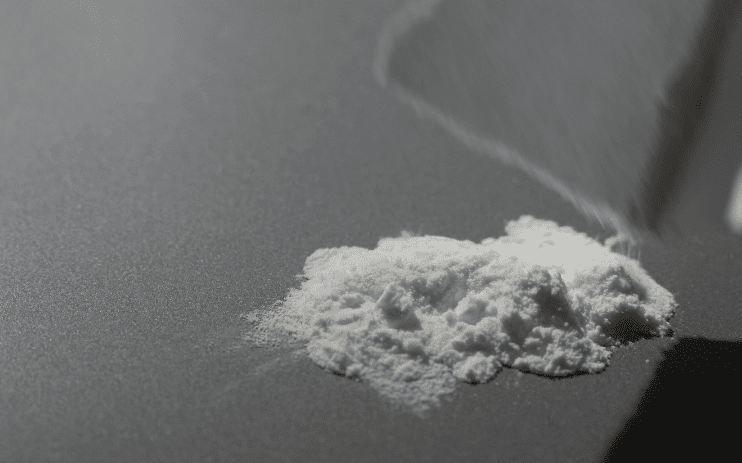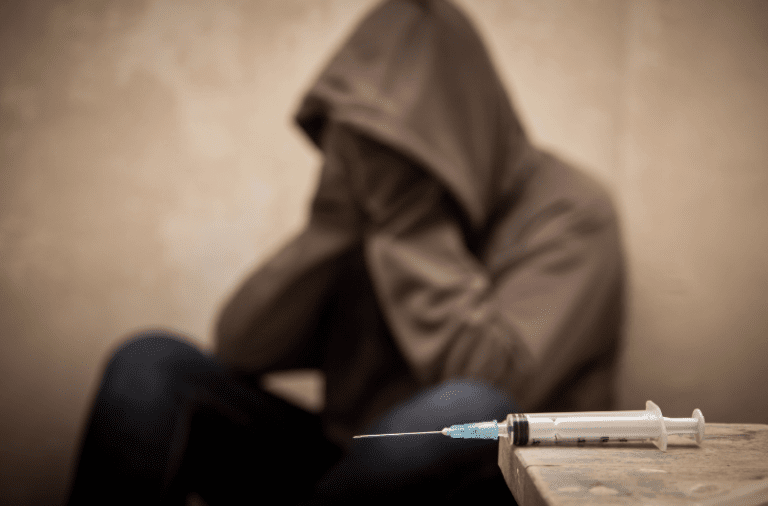Recovery Nutrition: 7 Tips for Eating a Healthy Diet During Addiction Recovery
Substance abuse and addiction can negatively impact the body in many ways, including leading to malnourishment and nutritional deficiencies. Often, individuals who are addicted to drugs or alcohol begin to neglect their physical wellbeing. This may look like skipping meals, as many drugs decrease appetite, or choosing foods with little nutritional value. A healthy diet with the proper vitamins and minerals are crucial to balancing a person’s mental, physical, and emotional wellbeing when they enter addiction recovery.
Some recovery centers offer nutritional guidance and counseling to help individuals get on the right track, and reduce risk of relapse. Eating well can sometimes seem overwhelming, as there is so much information out there, and much of it is conflicting. However, for an individual seeking a healthy diet during addiction recovery, sticking to a few basics will make a world of difference. Here are 7 tips for a healthy diet during addiction recovery.
7 Tips For Eating A Healthy Diet During Addiction Recovery
- Stay Hydrated
Water is life. A healthy diet will go nowhere if an individual is not drinking enough water. Dehydration is a life-threatening condition that can slow the recovery process by slowing the workings of essential bodily functions. A study on effects of change in water intake on mood concludes that increasing water intake improves feelings of wakefulness, and decreasing water intake has a detrimental effect on mood. Similar results were shown in a study that reported findings that drinking plain water is associated with decreased risk of anxiety and depression in adults.
- Take A Vitamin Supplement
Vitamin supplements are not the end-all-be-all for nutrition, and should not replace genuine nourishment from whole foods, but they are excellent for filling in any nutritional gaps.
- Reduce Processed Foods
When it comes to nutrition in recovery, it is okay to take a gentle approach, and to not feel the need to be “all-or-nothing” when it comes to diet. It isn’t necessary to eliminate all processed foods from your diet at once, particularly if you have just eliminated drugs or alcohol. Reducing processed food intake can be as simple as just choosing to swap out one processed food for a whole food alternative, such as eating roasted sweet potatoes instead of french fries.
- Eat Regular, Small Meals
Establishing routine and ritual around meals and mealtimes can be beneficial for digestive health, as well as being a grounded practice in consistency. Most rehab facilities have regularly scheduled meal times that establish a sense of structure and order.
- Eat Enough Protein
Protein is an important staple in every diet, but even more so for individuals impacted by malnourishment. Protein is beneficial for building muscle and speeding up recovery from injuries.
- Limit Sugar Intake
Sugar is addictive, and many individuals begin to crave sugar when entering addiction recovery. In moderation, sugar can be tolerable, but can also lead to “sugar highs” and “sugar crashes,” which can be difficult.
- Exercise
Though not exactly “nutrition,” exercise is an incredibly important aspect of addiction recovery. It can boost mood, reduce cravings for drugs and alcohol, reduce stress, and improve overall well being.
Addiction Treatment At Oasis Recovery
If you or a loved one is seeking mindfulness-based rehab for addiction, we can help guide you through the process! Our highly-trained therapeutic and clinical experts at Oasis Recovery offer a safe and comfortable space for clients to undergo addiction treatment. Our team of medical experts offers a wide range of services and amenities that are tailored to meet your particular needs. Reach out to an addiction specialist today to learn more about how we can help you navigate the road to recovery.











